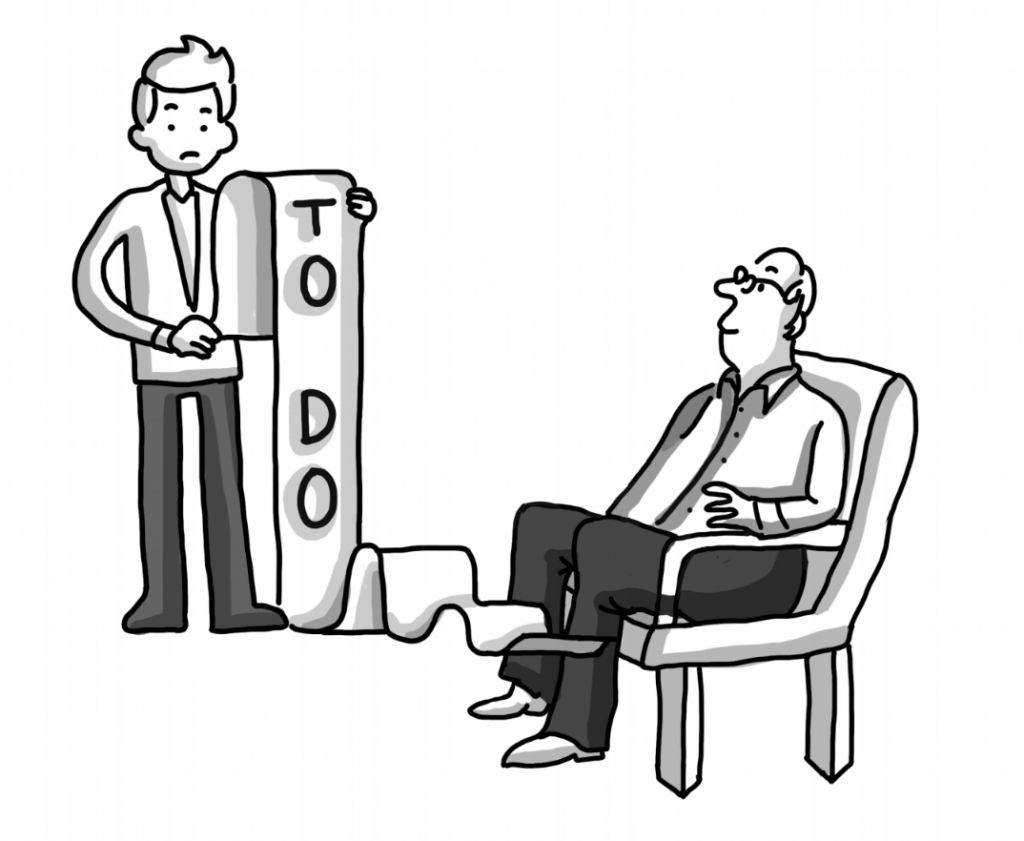When students at Palo Alto High School return from an excused absence, the make-up expectations vary widely between classes and their work loads are compounded by make-up assignments. While students are responsible for their own education, it shouldn’t mean being flooded with work due to sick days, religious holidays or other excused absences.
We believes teachers and administration should adopt a universally excused absence policy where students are exempt from non-essential in-class and homework assignments.
Although most teachers are willing to help students reintegrate into class, the sudden workload and lack of standardization between make-up policies can cause unnecessary stress and may force students to choose between health and pursuing academic goals.
For example, when junior Max Rosenblum took a week off school to recover from his eye surgery, he chose to take math outside of Paly instead of struggling to make up his many missed assignments and compromise his mental health.
Junior Theo Lim-Jisra also faced a similar situation after missing school due to the flu.
“When you’re sick, you’re incapacitated,” Lim-Jisra says. “It was really hard to bounce back [after the flu]. They [teachers] didn’t give [me] double time or anything. It was really just ‘ASAP.’”
Both students say they sent check-in emails to their teachers and attended tutorial to catch up, but finding time to make up missing assignments was difficult.
“If you’re out of school due to something you can’t control then I feel like a little bit more understanding is necessary,” Lim-Jisra says.
In order to further reduce pressure on students, teachers should post class material on Schoology in addition to marking non-essential work as optional. This way, students will have the tools to more easily make up any assignments.
For Lim-Jisra, these changes would significantly lessen the stress of absences.
“I would definitely feel more confident in balancing my time and it would be a much easier integration back into school after days of being gone [if those changes were made],” he says.
Advanced Placement English Language teacher Kindel Launer also believes that Paly’s current make-up policy needs reform. According to Launer, a new and more lenient late policy is compatible regardless of a class’s subject of study.
“I don’t see why teaching should be different for any content area,” Launer says. “I don’t think that [a lenient make-up policy] should impact the efficiency of the learning.”
While Tutorial and the Academic Resource Center are very beneficial resources to make up work, they don’t provide students time to recover. Thus, Verde commends the many teachers who are more than willing to help students get back on their feet after missing school. We also recognize that students, not just teachers, must maintain open communication about timelines for assignments and what tools teachers can provide to their students to make the process as seamless as possible.
“We [administration] recognize that Paly comes with some high expectations and academic pressures, but more important than anything is our students’ personal and emotional health,” says Assistant Principal John Christiansen.
Thus, Verde believes that Paly’s excused absence policy must be updated in order to reflect this intention by exempting students returning from absences from non-essential coursework, giving them the time and support needed to catch up with their peers.



